

“From an industry perspective, calling us, engaging us, talking to us, and synchronizing that alignment can be most helpful. It can also be, frankly, harmful if the appropriators or the authorizers get some stray voltage that doesn’t match up to the story.”
By Sydney J. Freedberg Jr.
if you can deliver new technology really fast, the US Army is now willing to pay your company much higher profits. And it’s working hard to make sure that new tech actually gets to new weapons.
By Sydney J. Freedberg Jr.
SAN DIEGO: Newport News Shipbuilding is reaping “huge savings” on the next Ford-class carrier, the Kennedy, through “creative” use of digital models instead of paper plans, the new head of Navy acquisition told reporters today. It’s an approach that can increase efficiency and reduce costs on all big Navy programs, said assistant secretary James “Hondo”…
By Sydney J. Freedberg Jr.
At the annual Ssang Yong wargames, US Marines and their South Korean counterparts are testing a small gadget that could solve a big problem: incompatible radios. Getting different networks to connect is hard enough between the Marine Corps and the US Navy, the Army and the Air Force, but multi-national operations are chronically plagued by…
By Sydney J. Freedberg Jr.
ARLINGTON: Innovation is the buzzword of the year. But how do you actually get it? As Pentagon leaders look anxiously over their shoulders at rapidly advancing threats from Russia, China, and beyond, military middle managers are wrestling with the details of how to accelerate the development of new technology. That includes breaking up big contracts with…
By Sydney J. Freedberg Jr.
This is a sponsored series. Frederick Lisy is president of Orbital Research Inc., which conducts research on and product development of medical devices and military weapons technology. Founded in 1991, this small company of 16 employees has been contracting with the Department of Defense for more than 20 years, mainly with the U.S. Army, U.S.…
By Deborah Huso
A very small company competing to build the Army’s lightest vehicles just got a big lift from a heavy hitter. “This levels the playing field,” Vyper Adamas president Shane Sterling told me of his firm’s new alliance with Spartan Chassis. “We as a company now have the industrial might behind us to produce our product.” That might…
By Sydney J. Freedberg Jr.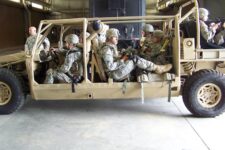
UPDATE: Lockheed Martin won’t compete Want a pink truck? “If a colonel says, ‘I want to paint it pink,’ it’ll get painted pink in about five minutes,” boasts Shane Sterling, president of Vyper Adamas. That’s the kind of speed with which smaller companies can move, he says: “We don’t have the levels of bureaucracy that a…
By Sydney J. Freedberg Jr.
WASHINGTON: The Pentagon is not nimble. That’s more of a problem than ever in an era where even terrorist groups can increasingly download, buy, or steal sophisticated technology. So how can America’s bureaucratic military stay ahead? While Congress is wrestling with acquisition reform, some experts both inside the Pentagon and out argue that there’s more…
By Sydney J. Freedberg Jr.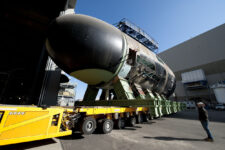
The American military-industrial complex used to lead the world in high technology. Now it struggles to keep up with private-sector breakthroughs in computing and other commercial technologies, from iPhones to 3D printing, that any adversary can buy to use against us. Even in military-unique technologies like precision-guided missiles and electronic warfare, experts in and out of…
By Sydney J. Freedberg Jr.
WASHINGTON: You didn’t hear much about them during the wars in Iraq and Afghanistan but DARPA, small businesses, and universities were the people who most impressed retired Gen. Hoss Cartwright when he was vice chairman of the Joint Chiefs of Staff, as he and the services scrambled to find weapons to give American troops a…
By Colin Clark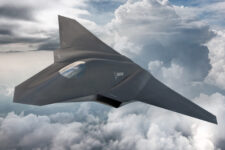

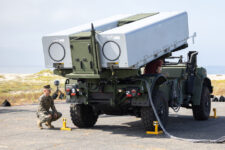






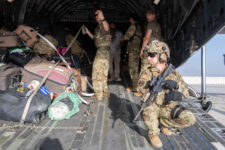









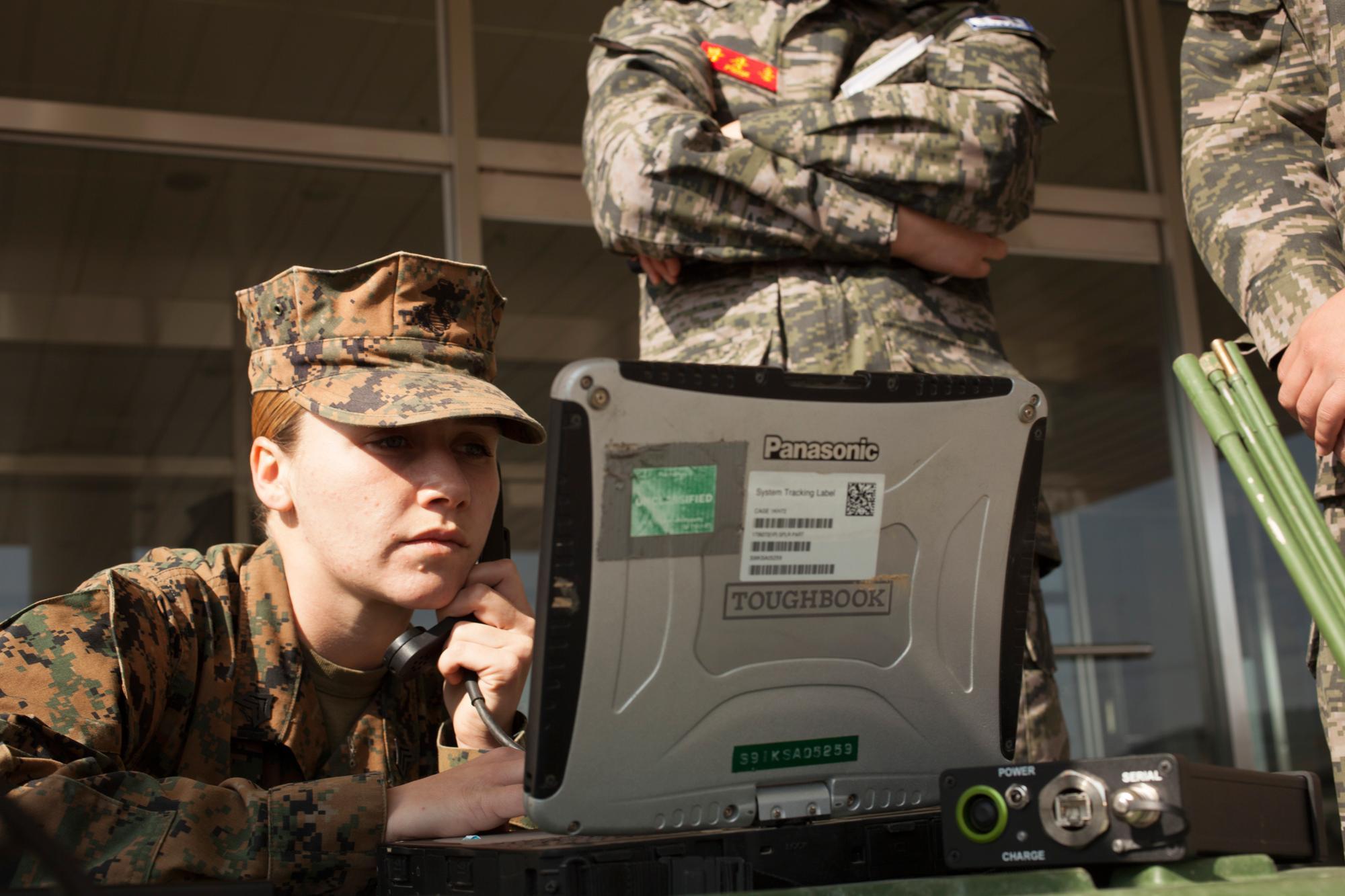




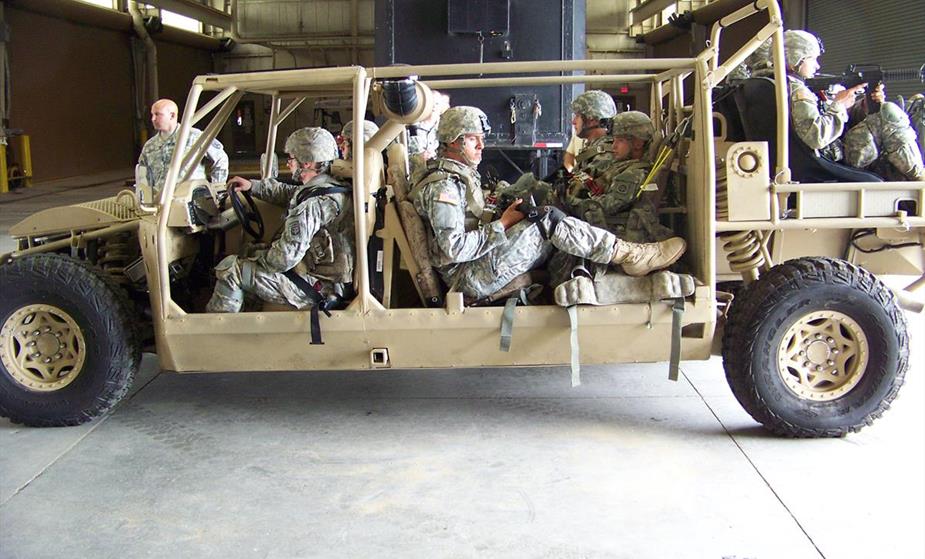








How Sequestration Slams Small Business
George Hill is president of Advex Corporation, a company based in Hampton, Virginia and a member of the Aircraft Carrier Industrial Base Coalition (ACIBC). Unless Congress acts to change the existing law, sequestration will automatically cut $1.2 trillion from the President’s budget over the next decade-including $492 billion from military spending. These cuts threaten one…
By George Hill